Leo&Niné was born out of the idea to bring a modern twist to a traditional and yet unpredictable, complex and still bewitching beverage such as the wine.
How? Firstly, the liquid: unpretentious, fresh and delightful. Secondly, the concept: Leo & Nine believes in sharing, in being spontaneous and sunny; each of our company’s brand names is aimed to transmit a thrill, a feeling and a memory to cling to. And thirdly, the outfit: we aim to be contemporary and stripped of the unessential.
With an unbeatable location at the foothills of the Pyrenees, its 144 hectars of vineyards are graced by an abundance of water, both from rainfall and from Pyrenees snowmelt that feeds the many rivers and creeks surrounding the vineyards. Its soils, mostly made up of clay and sandstone, are reddish-brown in color and although not particularly fertile, they have good drainage and a high lime content. Leo & Niné is committed to a more contemporary vision and experience of wine drinking, yet they still believe in the power of manual care, such as pruning in winter and weeding in spring of those rebellious shoots in order to aerate the grapes until they reach their ideal ripeness.
The 20 hectare vineyard is located 4,200 ft above sea level at the foothills of the Andes in the Chacayes district of Uco Valley, Mendoza.
Patrick and Victoria Blousson’s estate was one of the first Estates to be built on Route 94 on the way to the Historic Manzano back in 2009. Considered a small estate, Finca Blousson was a family run operation that followed organic agriculture principles and crafted truly unique terroir malbecs. The terroir at that altitude of Chacayes is composed of sandy loam soils, rocky with silty clay and gravel throughout its profile. Planting vines at these altitudes and without infrastructure was a true conquest, achieved day after day with a lot of work and sacrifice.
Determined to live in tune with nature and respecting its cycles, Finca Blousson wines represent the synthesis of natural factors and the labor of those who live in these lands. With a simple viticultural philosophy of organic practices and sustainability guiding their venture since they planted the first vineyards. In their continued search for harmony they produced the best expression of each selected terroirs they work in. Recently Patrick and Victoria sold the estate to Chateau La Coste from France and have set up a new winery in Valle de Uco. All Finca Blousson wines in Crews Wine portfolio were made prior to Chateau La Coste acquisition in 2017 and there is still plenty of inventory to support wine programs for retail and hospitality endeavors.
Piedra Liquida is born from the partnership of Giuseppe Franceschini and Juan Pablo Calandria, two artisans of extreme sensibility in constant search for terroir driven expressions of Malbec, Pinot Noir and Sauvignon Blanc.
The estate is located in El Peral within Tupungato IG in the Uco Valley at an altitude between 4,250 and 4,600 FT above sea level. This vineyard’s grapes are elegant and balanced, making wines that incorporate the freshness of the mountains yet deliver the complexity of the Andes alluvial soils. The partnership between the vine whisperer Juan Pablo Calandria, who can make quality grapes grow in the moon, and the magical artistry of winemaker Giuseppe Franceschini, produces unique expressions of varietals in extreme terroir.
The El Peral is the newst GI carved out of the Tupungato GI. El Peral lies at the foot of the Mt Tupungato volcano, which, at 6,570 meters (21,555ft) high, is one of the highest peaks in Argentina. The zone has little in common with the desert landscape of the Uco Valley. Here there are trees, streams, and green scenery. The estate’s soils of limestone-clay originating from ancient Quaternary (Villafranchian stage) alluvial terraces are stony and very well-drained, necessary due to its good supply of water, which enables the vines to withstand even the driest summers and deliver well balanced and structured wines.
It was born in 2008, as an attempt to answer the question “what’s next after Malbec?” Our answer was, “More Malbec! From different places, with different personalities.”
This venture shows how very different wines from completely different terroirs can be born from the same grape variety. Matervini travels the long path that goes from traditional to unexplored areas, from young to old geologies and from alluvial to non-alluvial soil structures – like those of the Pre-cordillera. All along this road, wines with unique personalities emerge as different expressions of nature.
Terroirs:
The 30 hectare vineyard is located in the heart of Tuscany in Val d’Orcia. Bordering Montalcino the estate is a fractional ownership estate founded and managed by Martin Iglesias and Roberto Cipresso.
The estate is being developed as a state of the art winery with incredible historical, cultural and scientific value. Oria’s vinification system will capture the greatest complexity of aromas and qualities of the 140 clones of Sangiovese that are planned to be planted. The estate is undergoing planting and it expects to have 20 hectares planted by 2026, reaching full production by 2029. Currently Oria counts with a few hectares of old Sangiovese vines from which only estate wine is currently being made to satisfy its owners.
Oria Toscana is in the heart of the Val d’Orica, a UNESCO World Heritage region composed of a swath of rolling hills just south of Siena. The terroir of San Quirico d’Orcia in Tuscany is characterized by a hilly landscape with clay gullies, vineyards, cereal crops, and olive production. The soils are composed of slight to medium acidity cobbly clays developed in alluvium from basic rock. Oria Toscana’s Slopes are North West and West Facing, allowing the vines to enjoy cool mornings with hot afternoons.
Antonio and Ambrosio Iglesias are the owners of Perahigos, a winery in the Sierra de Salamanca region of Spain. Growing up surrounded by the vineyards and olive groves of their hometown, Garcibuey, they inherited a strong connection to the local winemaking culture. In
2015, they committed to recovering hectares of nearly-lost vines to begin producing quality
wines using organic methods. Their work focuses on restoring native grape varieties, particularly the Rufete grape, which is central to the Sierra de Salamanca region and specifically Sierra de Francia DOP. Central to the project is the goal of preserving the vineyards’ biodiversity and contributing to the economical and human sustainable development of this territory.
From this land we can get different, unique types of wine. The vineyards are completely integrated in the landscape, most of them cultivated in terraces and all following ecological viticulture without the use of herbicides or insecticides. Our vineyards are from 3 different towns in the Sierra and all are located between 400 and 850 meters above sea level, providing a wide range of features to the wines. Some of our vines have more than 100 years and our newest are around 10 to 14 years old.
The terroir in the Sierra de Francia adds a unique acidity and fresh character, imprinting in our wines a particular identity. The vines planted in these varied sandy soils from granite rock and clay soils coming from slate produce complex, long tasting and elegant wines with reinforced structure and
minerality unique to our wines.
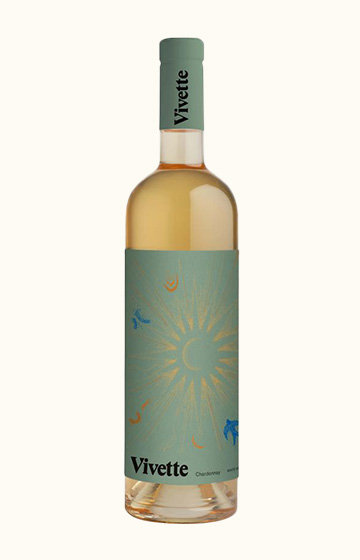
Viticulture: Traditional
Varietal: Chardonnay (100%)
Vinification: Cold fermentation in
stainless steel.
Ageing: 4 months in stainless steel
Alcohol: 12.5%
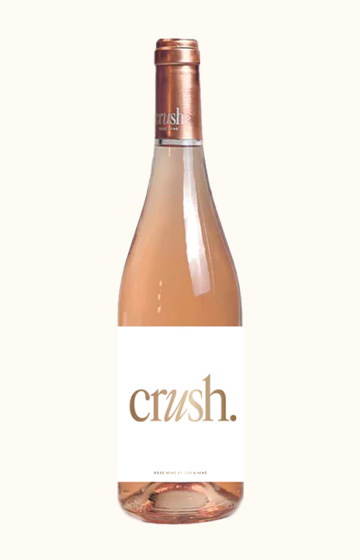
Viticulture: Traditional
Varietal: Garnacha (90%) Chardonnay
(10%)
Vinification: Cold crush with immediate
press before fermentation in stainless
steel.
Ageing: 4 months on lees in stainless
steel
Alcohol: 13.5%
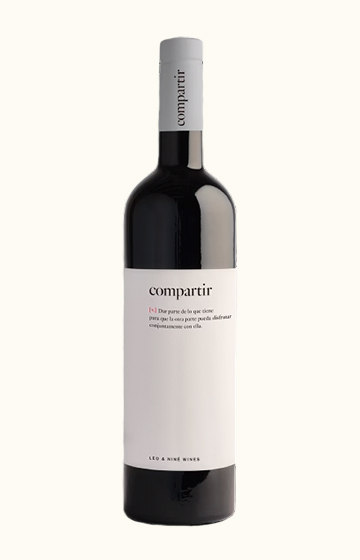
DOP: Somontano, Aragon, Spain
Viticulture: Traditional
Grape variety: Syrah (60%) – Tempranillo (40%)
Vinification: cold fermentation, free run
Alcohol by Volume: 14.5%
Culinary Pairing: Grilled Meats, middle eastern cuisine, paella, cheeses
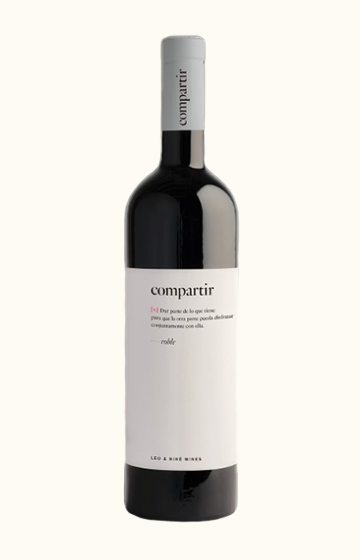
DOP: Somontano, Aragon, Spain
Viticulture: Traditional
Grape variety: Tempranillo (50%) – Merlot (50%)
Vinification: free run, malolactic fermentation in oak barrels
Aging: 6 months in French oak barrels 75%/American Oak Barrels 25%
Alcohol by Volume: 14.5%
Culinary Pairing: Grilled Meats, middle eastern cuisine, paella, cheeses
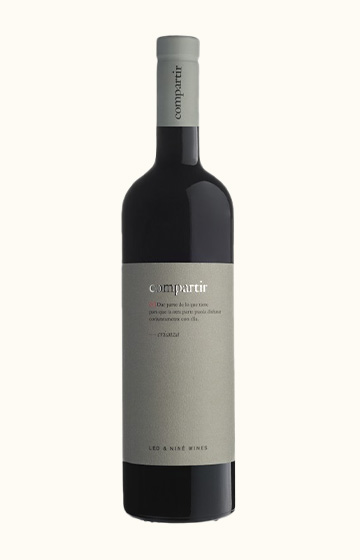
Viticulture: Traditional
Varietal: Cabernet Sauvignon (50%) / Merlot
(50%)
Vinification: Stainless steel fermentation with
high temperature maceration for 2 weeks prior
to MLF. Ageing: 12 months in French Oak
Alcohol: 14.5%
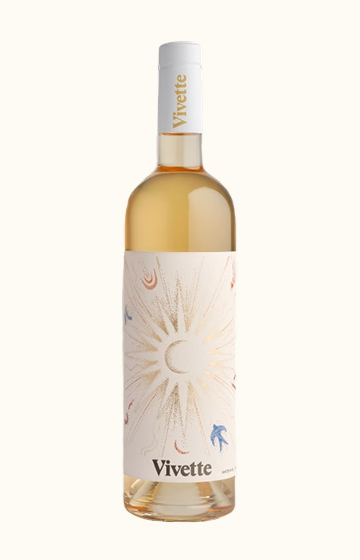
DOP: Somontano, Aragon, Spain
Viticulture: Traditional
Grape variety: Gewürztraminer (100%)
Vinification: soft press, stainless steel
Aging: 4 months sur lees
Alcohol by Volume: 12%
Culinary Pairing: Fresh seafood, oysters, cheeses
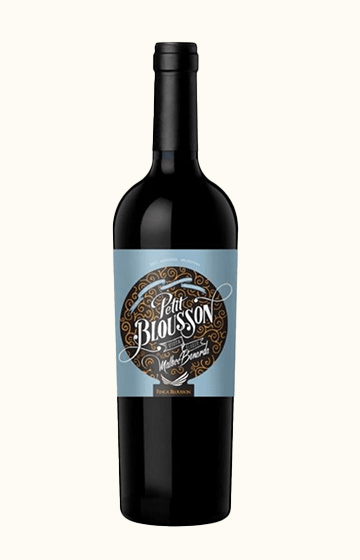
Viticulture: Organic
Varietal: Malbec (100%)
Vinification: Native yeast, fermentation in concrete eggs and barrique.
Ageing: 7 months in concrete egg and 5 months in french oak barrels
Alcohol: 13%

Viticulture: Organic
Varietal: Malbec (100%)
Vinification: Native yeast, 10 day fermentation with 28 day maceration. Malolactic Fermentation in barrels.
Aging: 24 in French Oak 3rd use barrels
Alcohol: 14.6%
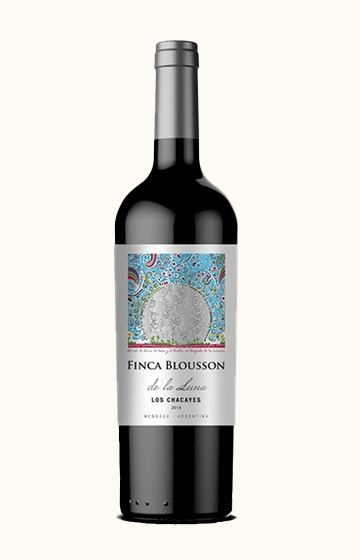
Viticulture: Organic
Varietal: Malbec (100%)
Vinification: Native yeast, 10 day fermentation with 21 day maceration. Malolactic Fermentation in barrels.
Ageing: 18 in French Oak 3rd use barrels
Alcohol: 13%

Viticulture: Organic,
Regenerative
Varietal: Pinot Noir
Vinification: Whole cluster,
traditional fermentation.
Ageing: 14-16 month in Oak
Alcohol: 13.5%

Viticulture: Organic, Regenerative
Varietal: Malbec
Vinification: Whole cluster,
traditional fermentation.
Ageing: 14-16 month in Oak
Alcohol: 13.5%
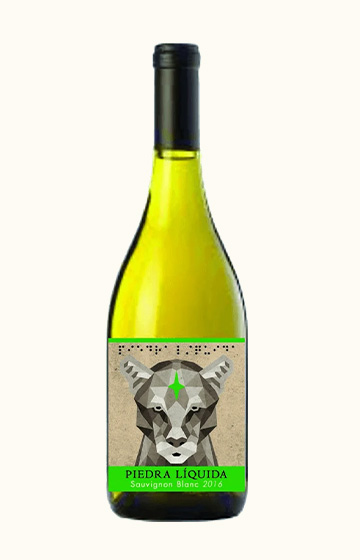
Viticulture: Organic, Regenerative
Varietal: Sauvignon Blanc
Vinification: Whole cluster,
traditional fermentation.
Ageing: 14-16 month in Oak
Alcohol: 12.5%
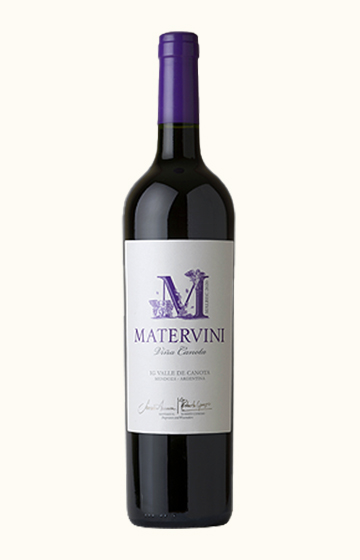
Viticulture: Sustainable
Varietal: Malbec (100%)
Vinification: Fermented in concret tanks with high temperature maceration for up to 2 weeks prior to MLF.
Ageing: 18 months in French Oak
Alcohol: 14.2%
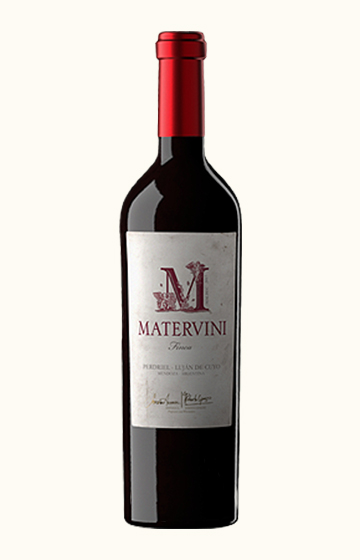
Viticulture: Sustainable
Varietal: Malbec (100%). Vinification: Fermented in concret tanks with high temperature maceration for up to 2 weeks prior to MLF.
Ageing: 18 months in French Oak
Alcohol: 14.3%
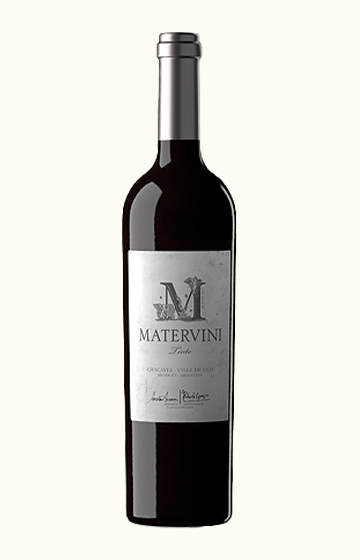
Viticulture: Sustainable
Varietal: Malbec (100%)
Vinification: Co-fermented in concret tanks with high temperature maceration for up to 2 weeks prior to MLF.
Ageing: 18 months in French Oak
Alcohol: 14.2%
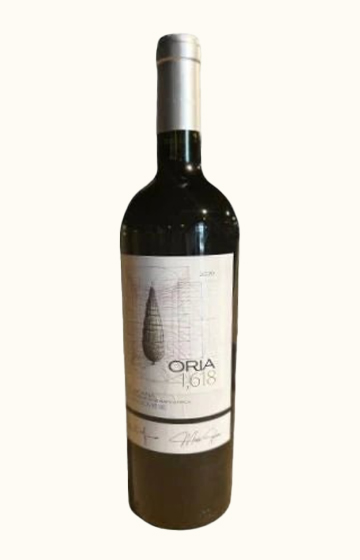
Viticulture: Sustainable, hand harvest
Varietal: 100% Sangiovese
Vinification: Disassociative fermentation.
Ageing: 12 month in Oak and min. 6 months in bottle
Alcohol: 14%
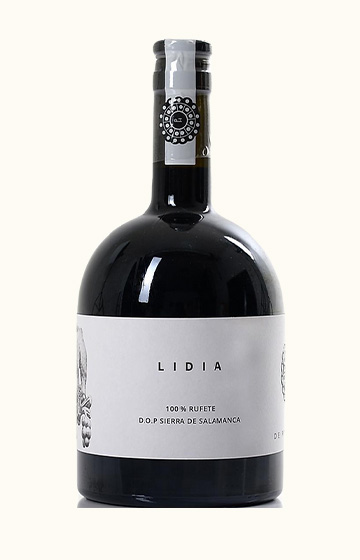
D.O. Sierra de Salamanca
Viticulture: Organic
Varietal: Rufete (100%)
Vinification: Native yeast, fermentation
Ageing: Bottled after short post-fermentation maceration.
Alcohol: 14.5%
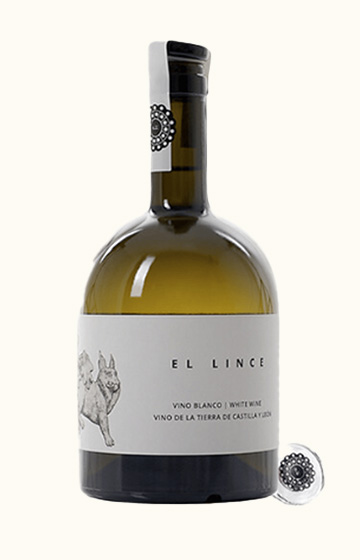
D.O. Sierra de Salamanca
Viticulture: Organic
Varietal: Rufete Blanco (100%)
Vinification: Native yeast, fermentation
Ageing: Bottled after short post-fermentation maceration.
Alcohol: 13.5%
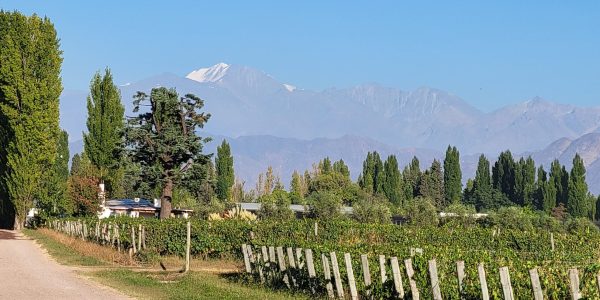
Elevate your wine journey with exclusive stories and updates – Join our email newsletter for a sip of inspiration.